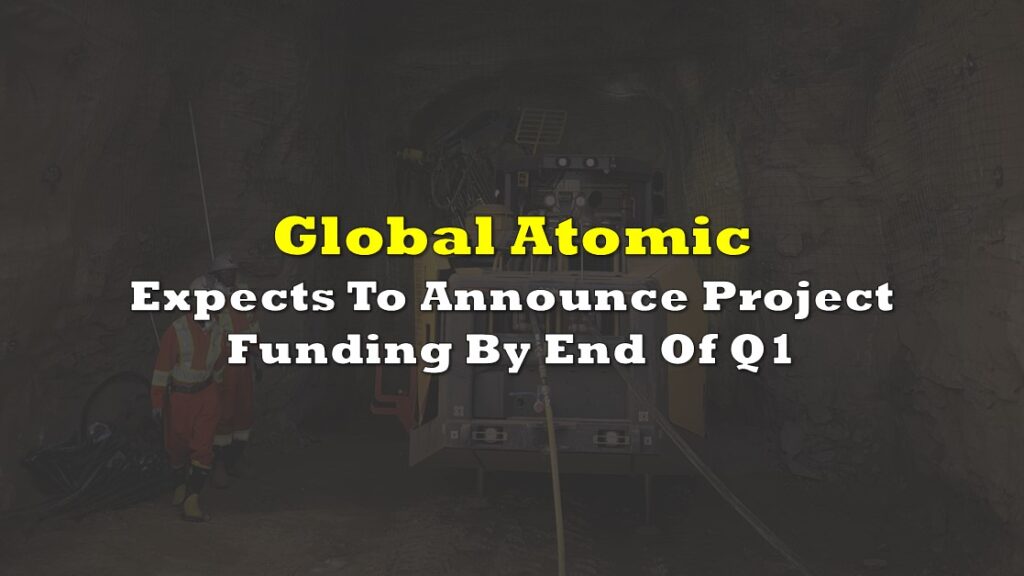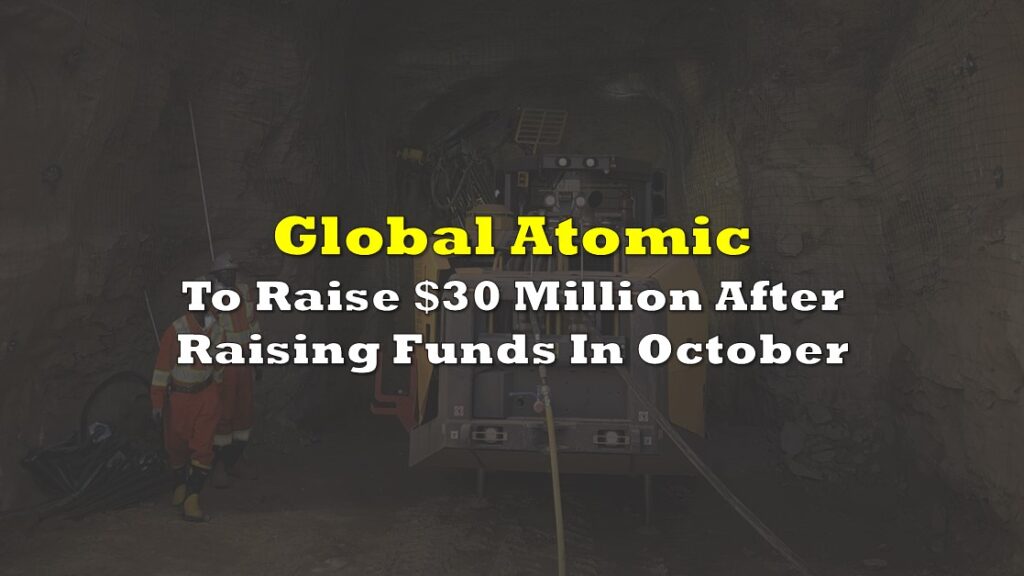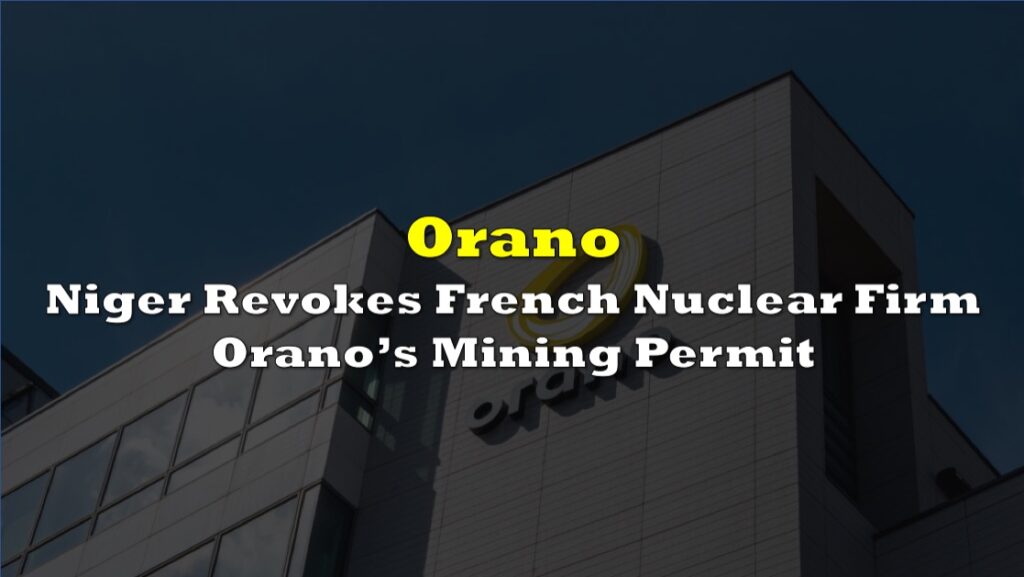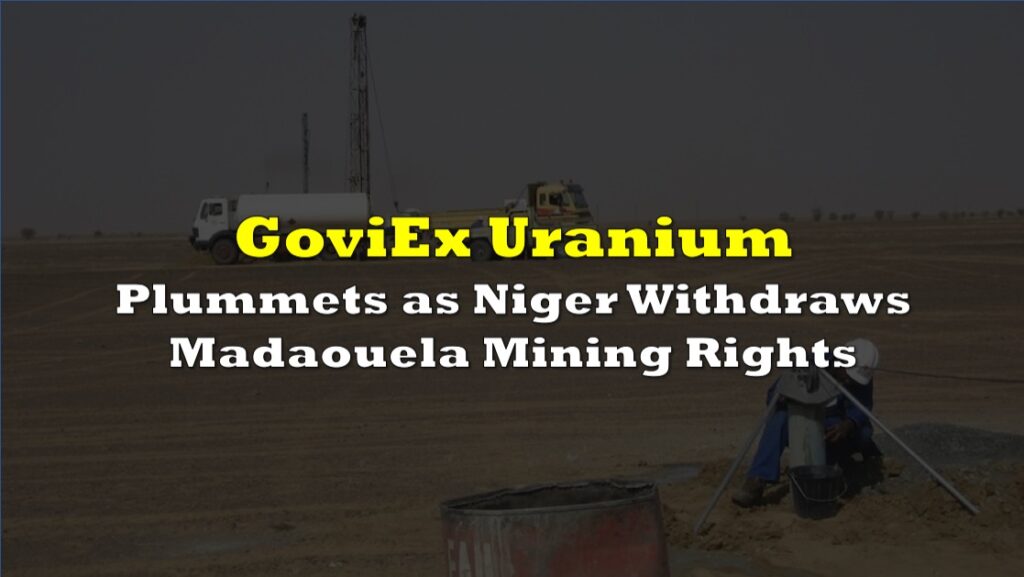The US government has given up on Niger. The government formally announced this weekend that it had agreed to withdraw military personnel from the country, a move that will impact over 1,000 individuals.
The government was operating in country in connection with a twelve year old agreement that was in place with the Nigerian government, prior to a coup that occurred last year. Post-coup, the ruling class has sought closer tights with Russia, similar to neighbouring Mali and Burkina Faso. Russia’s Africa Corp arrived in country last week, with the paramilitary group the replacement for the Wagner Group.
The departure will see the US government walk away from Base 201, which was constructed in 2018 at a cost of $110 million for the purpose of maintaining drones in the region, which were used to fight jihadist groups across the region. It also follows the very-public announcement made in March by the ruling military junta of Niger that indicated the US government was no longer welcome on Nigerian soil, despite the agreement that was in place.
Impact on uranium juniors
With the announcement of the departure coming post-market close on Friday, markets have not yet had time to digest the news. Across social media, investor opinions are mixed in terms of the impact the decision will have on uranium juniors operating in-country.
For GoviEx Uranium (TSXV: GXU), the decision by the US government comes as a one-two punch, with the company revealing Friday morning that it had received a notice from the Nigerian government related to its mining permit. The country has set a hard deadline of July 3, 2024, for GoviEx to begin mining at its flagship Madaouela uranium project, or risk losing the mining permit entirely.
READ: GoviEx Uranium Sees Nigerian Government Set Deadline For Mining To Begin At Madaouela
The project, which has a net present value (8% discount) of US$199 million based on $70 per pound uranium, is estimated to contain 96.9 million pounds of uranium on a measured and indicated basis, based on a feasibility study released in November 2022.
$GXU 🇳🇪
— Praise ꓘeK Capital (@PraiseKek) April 20, 2024
"We have been pressed for some time by the #Niger government to get on with our project."
When did this "pressing" start? https://t.co/DK199Ls1eg
GoviEx notably obtained a mining permit for Madaouela in 2016 that is valid for a ten year time period, but until now has failed to actually put the project into operation. The permit is currently set to expire January 25, 2026, at which time it could be renewed for five year periods.
The project however requires an estimated US$343 million in funding in order to get operations up and running. Last month, the company revealed that it had begun the due diligence process with potential lenders, however in even the best case scenario, it is unrealistic to assume that mining could commence within the next ten weeks. With the US government now pulling out of the country, its unlikely to make sourcing project funding any easier.
$GXU's market cap at yesterday's close was $75mm US. The best option is to JV their Niger operations even at a significant discount to their NPV8. In first place would be China. Largest investor in Niger. The Friedlands already JV in Ivanhoe Mines with 🇨🇳. https://t.co/ekryws6Gka
— Harry Chris (@hchris999) April 19, 2024
Global Atomic (TSX: GLO) meanwhile will see funding for a major project potentially put at risk. The company has been in the process of putting its Dasa Project into production since November 2022, when mine development officially began. The company has been in the process of advancing project financing for the project, with financing said to be in the process of negotiations with a Canadian export credit agency as well as a US development bank.
Potential funding from the US-based bank was placed on hold in October due to the coup that occurred last year, and was subsequently allowed to proceed after the US government expressed support for that project. That support however, with the US government now out of the picture in Niger, may evaporate, leaving the company searching for other means of funding in a country that is quickly losing its Western influences. Global Atomic in March had indicated that they were targeting April 2024 as the timeline for credit committee approval, with board approval to occur in June.
The Dasa project, with 73.0 million tonnes of uranium in probable reserves, is said to have an after-tax net present value (8% discount) of US$917 million at $75 per pound uranium. The mine, prior to the latest development, was expected to begin production in January 2026.
⚠️Thanks for your synopsis @jpowell751 but, with all due respect, I would caution readers that $GLO & $GXU are Canadian #Uranium #mining companies, run by Canadians – not Americans – in Joint Ventures with the new government of #Niger under a strong & long-standing partnership… https://t.co/fjkxiFxFlK pic.twitter.com/rYJ53atcJV
— John Quakes (@quakes99) April 13, 2024
Information for this story was found via Sedar, Reuters, and the sources mentioned. The author has no securities or affiliations related to the organizations discussed. Not a recommendation to buy or sell. Always do additional research and consult a professional before purchasing a security. The author holds no licenses.









